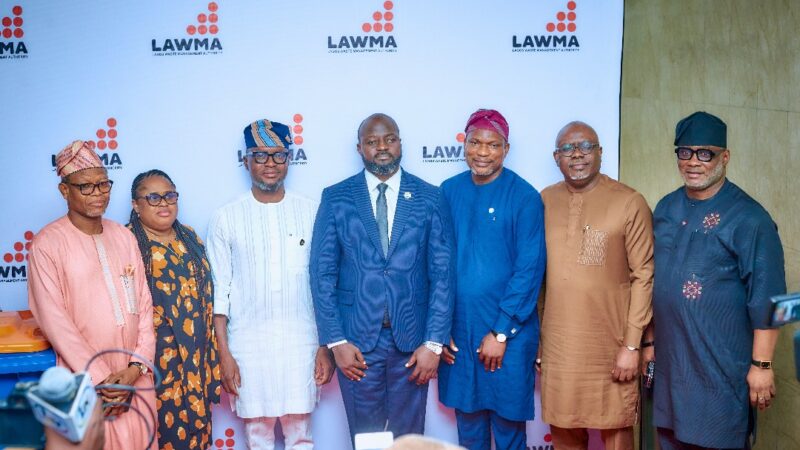A FEDERATION WITHOUT FEDERALISM…Dare ADELEKAN


A Federation without Federalism: Case Study of Nigeria” reflects on Nigeria’s complex relationship with federalism as a political structure. In theory, federalism allows different states or regions within a country to maintain their autonomy while sharing power with a central government. However, Nigeria’s version of federalism has often leaned heavily toward centralization, undermining the very principles of shared governance that true federalism upholds.
Key Issues with Nigeria’s Federalism:
Over-Centralization of Power: Despite being a federal republic, much of Nigeria’s power is concentrated in the central government. Critical sectors like security, oil revenue distribution, and infrastructure are largely controlled by the federal government, leaving the states with limited autonomy to govern their affairs. This has often stifled development and innovation at the regional level.
Revenue Allocation: The primary source of Nigeria’s wealth, crude oil, is predominantly located in the Niger Delta. Yet, the revenue generated is largely appropriated by the federal government, with a relatively small percentage allocated to the oil-producing states. This has fueled regional discontent and accusations of marginalization, especially from the Niger Delta region.
Uniformity in Policy: Federalism ideally allows states to develop policies tailored to their unique circumstances. However, in Nigeria, national policies are often enforced uniformly, regardless of the vast differences in economic, social, and cultural contexts between regions. This undermines the essence of local autonomy and has often led to inefficiencies in governance.
Weak Local Governments: The local governments, which are supposed to be the closest tier to the people, are often underfunded and controlled by the states. This lack of true grassroots governance weakens the democratic process and diminishes the ability of local authorities to address specific community needs.
Ethnic and Regional Divides: The Nigerian federation was established in a context of deep ethnic and regional diversity. The imbalance in resource distribution and political power among Nigeria’s various ethnic groups has exacerbated tensions and conflicts, challenging the unity of the federation.
Recommendations for True Federalism in Nigeria:
Resource Control: States should have more control over their resources, with the federal government receiving a smaller share. This would incentivize states to develop their resources and improve efficiency.
Decentralization: More powers should be devolved to the states, especially in areas such as security, healthcare, and education. States should be empowered to create their laws and institutions to better reflect their unique circumstances.
Revenue Allocation Reform: A more equitable system of revenue sharing is necessary, one that reflects the contributions of each region and addresses the developmental disparities across the country.
Strengthening Local Governments: Local governments should be given more autonomy and resources to manage their affairs, ensuring that governance is more responsive to the needs of the people at the grassroots.
In conclusion, Nigeria’s current system, though labeled federalism, lacks the true features of the system. A rethinking of the structure to allow for more autonomy, resource control, and decentralized governance is necessary for Nigeria to fully realize the benefits of a federal state.




